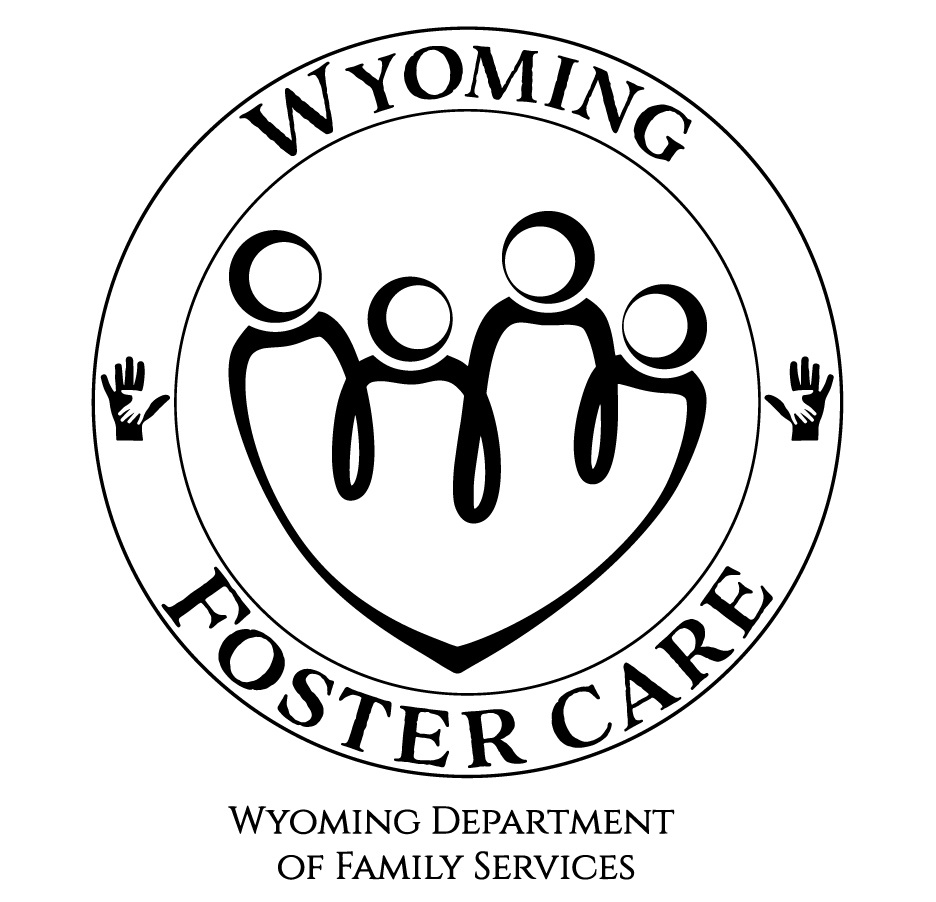
Foster Care is the temporary service provided to ensure the safety and well-being of children/youth while in out-of-home care. Foster homes are needed for all ages, but especially for teens and sibling groups.
Listen to a short Public Service Announcement (PSA) from a teen on how a foster family made all the difference for him:
Here is a PSA with a story of a family who took care of a brother and sister with the support of their faith community:
For Foster Care Training, please click here.
For Foster Care Publications and Wyoming State Library Resources, please click here.
For Wyoming Foster Care Frequently Asked Questions, please click here.
If you are interested in more information about how you can help, please contact a Wyoming Foster Care Coordinator in your area or complete and submit the following form:
I would like someone to contact me so I can lean more about becoming a Foster Parent in Wyoming.
Stacey Dunlay, Foster Care Program Manager
(307) 777-8731
stacey.dunlay@wyo.gov